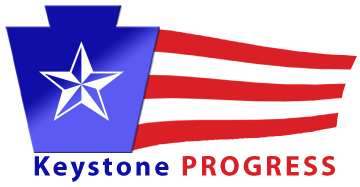Rutgers report dispels many myths about charters' funding and performance
Contact:
Bruce Baker: (732) 932-7496 ext. 8232 or bruce.baker@gse.rutgers.edu
Teri Battaglieri: (517) 203-2940 or greatlakescenter@greatlakescenter.org
EAST LANSING, Mich. (Jan. 27, 2011) — In a blow to conventional wisdom, New York City charter schools are not outperforming traditional public schools and are not inadequately funded, according to a new study out of Rutgers University.
New York City charter schools are often held up as an example of how charter schools are outperforming traditional public schools and doing it with less money, which in turn is used to justify increased public funding for charters. Such assumptions do not hold water, according to the study, "Adding Up the Spending: Fiscal Disparities and Philanthropy among New York City Charter Schools," authored by Rutgers education professor Bruce Baker and Rutgers doctoral student Richard Ferris.
The study was produced by the National Education Policy Center (NEPC), housed at the University of Colorado at Boulder School of Education, with funding from the Great Lakes Center for Education Research and Practice.
The study shows that New York City charter schools are not underfunded compared with traditional public schools. One reason for this is because the city's charter schools serve a much smaller percentage of students who are very poor or still learning English. These populations require far more resources, and they must be accounted for when making comparisons between charters and non-charters, Baker and Ferris noted.
"The assumption that these charter schools should receive support equal to traditional public schools is incorrect, because they do not serve similar populations," Baker and Ferris wrote.
Baker and Ferris also found significant funding disparities among New York City charter schools. While some charters receive almost no private funding, the most endowed charter schools receive in excess of $10,000 more per-pupil compared with traditional schools.
The study also found that on average, charter schools are not outperforming traditional public schools. After controlling for population and environmental factors, there is no statistically significant difference between charters and non-charters in performance for grades 4, 6 and 7. Meanwhile, 5th-grade charter school students underperformed their peers enrolled in traditional public schools, according to the study.
Based on their research, Baker and Ferris recommend that public funding be more tightly linked to the needs to students attending all schools, whether they're traditional public schools or charter schools. The researchers also suggest policymakers conduct annual audits of school funding levels and perhaps consider sanctioning schools that fail to adequately serve students with greater needs.
To read Baker and Ferris' full report, go to: www.greatlakescenter.org.
Follow us on Twitter at http://twitter.com/greatlakescent.
The report is also available on the National Education Policy Center's website at http://nepc.colorado.edu.

